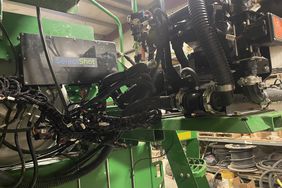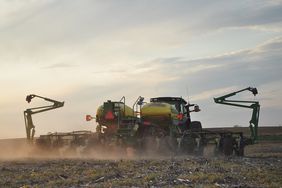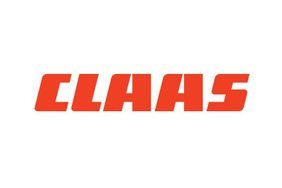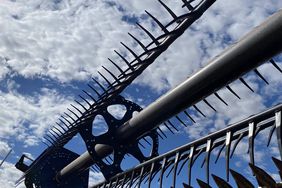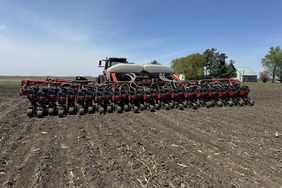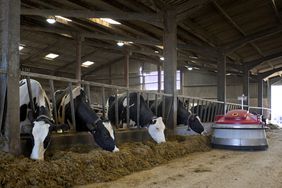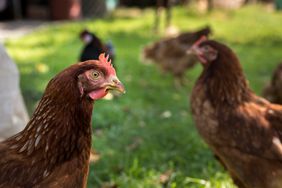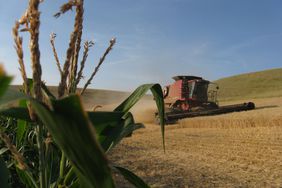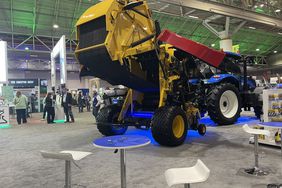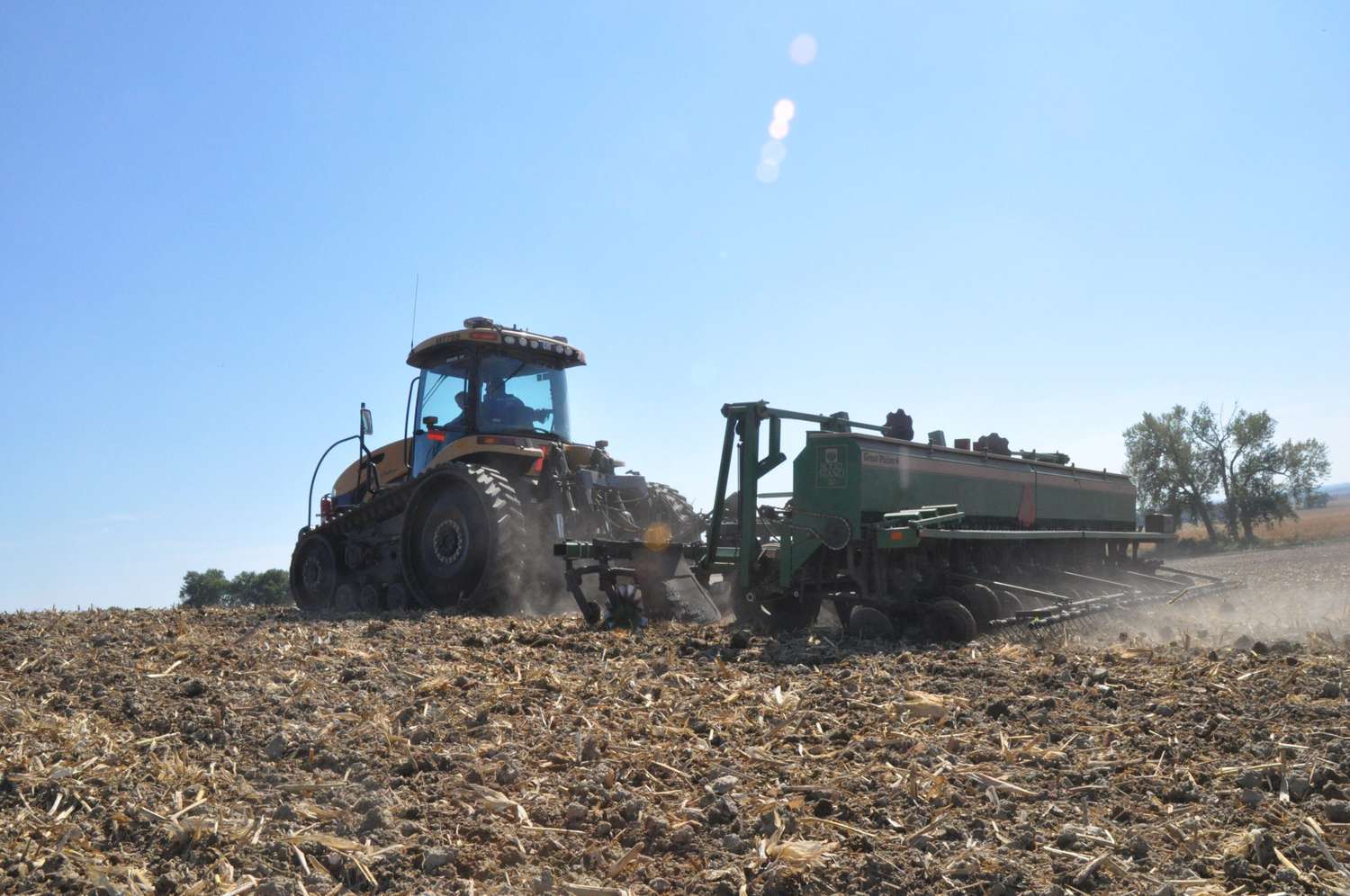
The agricultural equipment industry has a unique role to play as COVID-19 cripples the global economy and U.S. farmers head to the fields to plant. Through the Association of Equipment Manufacturers (AEM), the industry is urging the federal government to improve and streamline existing manufacturing programs in this time of crisis.
"The federal government should take strong and immediate action to support equipment manufacturers, protect the 2.8 million jobs that they support, and guarantee the viability of an industry that is essential to the economic and national security of our country as well as our way of life," says Dennis Slater, AEM president. "Between rising manufacturing costs and the industry's growing skills gap, not to mention the devastating impact of the COVID-19 pandemic on communities across the country, it is imperative that our elected officials mobilize the full force of the federal government in support of the country's manufacturing sector."
READ MORE: Over 100 online iron auctions the first part of April
Kip Eideberg, AEM senior vice president of government and industry relations explained how the coronavirus pandemic is impacting agriculture manufacturers in a recent exclusive interview.
What does this pandemic mean for agricultural equipment manufacturers in the U.S.?
Eideberg says manufacturers' top priority is keeping their workforce healthy followed by keeping factories open.
The AEM has been working with commodity groups and the American Farm Bureau to communicate to governors and the federal government that equipment manufacturing is essential business.
"Farmers are essential, and they need to be out in the field right now planting so they can harvest in the fall, and we can have food on our table. They can't do that if the equipment they need either can't be manufactured or can't be serviced because parts aren't available," Eideberg says.
:max_bytes(150000):strip_icc()/KE20Headshot-2-f9151fc32e1442718d3307eb7b0afd88.png)
AEM has made the case that, in addition to manufacturers, suppliers, distributors, and service technicians should be deemed essential. Secretary of Agriculture Sonny Perdue recorded a video message to AEM member companies acknowledging these roles in the food system, says Eideberg.
Is the virus impacting spring parts availability as farmers head to the fields for planting?
Although the equipment industry is facing a "grave crisis" manufacturers are doing what they can to adapt and adjust, Eideberg says. "I think farmers should feel good that they'll have access to the tools and equipment and support they need to have a successful planting season."
"We have not cut back on production and are doing everything we can to ensure parts and service are available," says Susanne Veatch, president of Kinze Manufacturing. The company says it is proactively working with suppliers.
READ MORE: Plant performance checklist for maximum yields
Will COVID-19 slow the launch of new products?
Long before COVID-19 hit, the U.S. equipment manufacturers were facing challenges from global trade tensions and depressed farm income. As a result, many AEM member companies were forced to delay capital expenditures, hiring plans, and product launches.
"COVID-19 has taken a bad situation and made it worse," Eidenberg says.
Looking forward, what are AEM's concerns surrounding COVID-19?
AEM is aware and concerned by a rising number of cases in key agriculture states such as Iowa and South Dakota.
"We worry about the health of our member companies and their employees and customers, namely farmers. We also worry that the governors may not strike the right balance between protecting people's health and safety, but also protecting the economic well-being we know is important," Eideberg says.
A second outbreak in China would be devastating to the equipment and manufacturing industry. If a second wave of the virus were to hit Asia, parts and components could become more difficult to source in the future.
How are manufacturers helping to slow the spread of COVID-19?
Some AEM member companies have converted part of their facilities and workforce to making supplies to slow the spread or treat COVID-19 patients.
READ MORE: Ag machinery parts and service a national priority
John Deere's Moline, Illinois, plant will produce 25,000 face shields for health-care workers working in communities around the U.S. Another 200,000 face shields will be made once the ordered supplies are available.
"Our manufacturing and supply management teams, along with our production and maintenance employees, the UAW, and our partners have worked tirelessly to ensure we could lend our support and protect our health-care workers during this crisis," says John May, chief executive officer, Deere & Company. "By working closely with the communities where our employees live and work, we can help support the needs we've identified close to home and, as the project expands, address additional, urgent needs across the country."
Eideberg says several companies are still working to retool their factories to make supplies to fight the pandemic.
Other businesses have donated personal protective equipment (PPE) out of their inventory to local health care providers. CNH Industrial sites in Pennsylvania, Nebraska, Wisconsin, Kansas, and Indiana each sent 500 KN95 masks to local heathcare professionals.
:max_bytes(150000):strip_icc()/NatalinaBausch-6-06b14ffcaa32491e802c91c09e7fc867.jpg)
